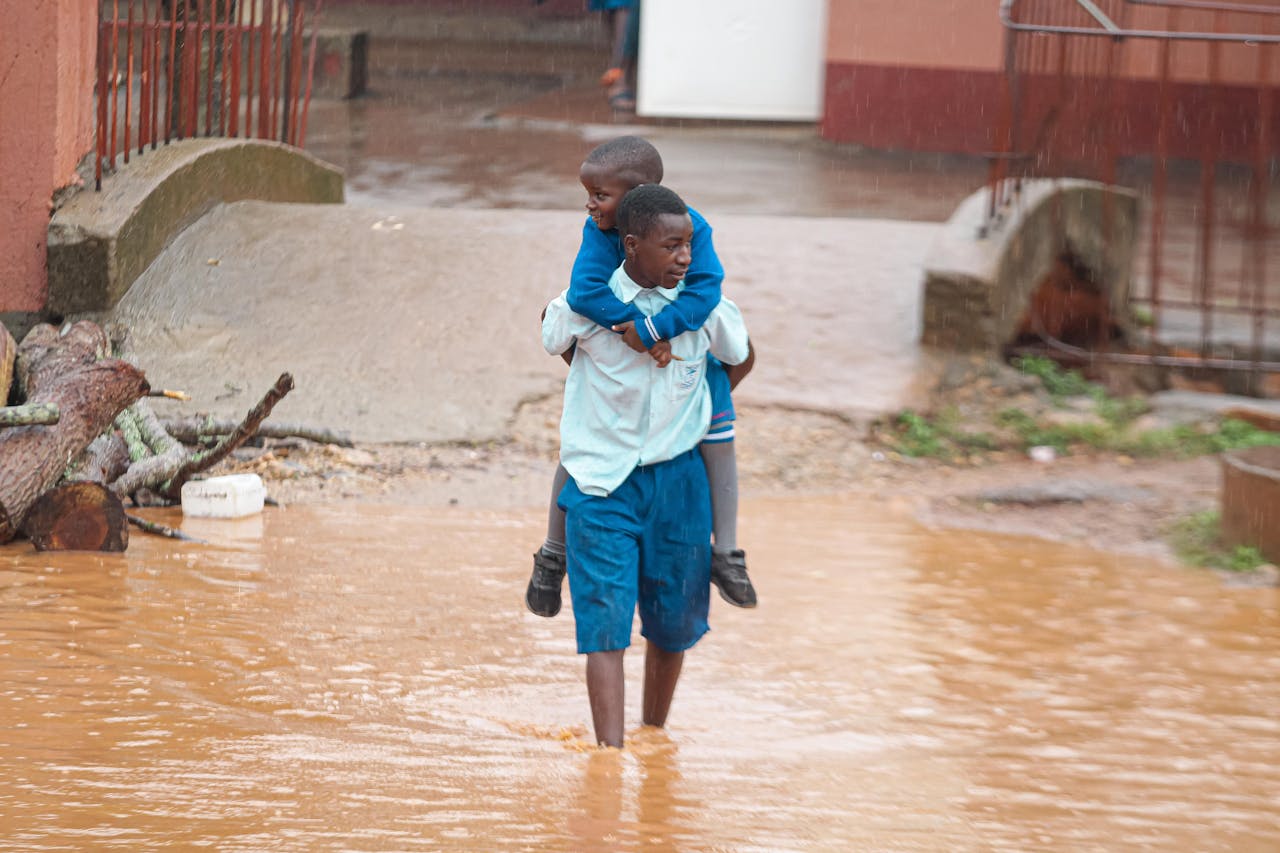Wetlands are nature’s unsung heroes, playing a critical role in water storage, flood control, and biodiversity conservation. In Southern Africa, wetlands such as the Okavango Delta and the Zambezi Floodplain are lifelines for communities and wildlife alike. Yet, they face unprecedented threats.
What Makes Wetlands Crucial?
Wetlands act as natural sponges, absorbing excess rain during floods and releasing water during droughts. They also filter pollutants, ensuring cleaner water for downstream users.
The Threats They Face
Despite their importance, Southern Africa’s wetlands are disappearing due to urban development, agriculture, and mining. Climate change compounds these pressures, with higher temperatures and irregular rainfall reducing their capacity to function.
Protecting Wetlands: Lessons from the Field
- Community Restoration Projects: In Malawi, local communities restored the Likangala Wetland, improving water availability and agricultural yields.
- Policy Interventions: Botswana has implemented strict laws to protect the Okavango Delta, balancing tourism with conservation.
- Public Awareness Campaigns: Organizations like Wetlands International are educating people about the value of these ecosystems.
Preserving wetlands is not just an environmental obligation; it’s a crucial strategy for building climate resilience. By protecting these natural systems, we safeguard water security for future generations.
